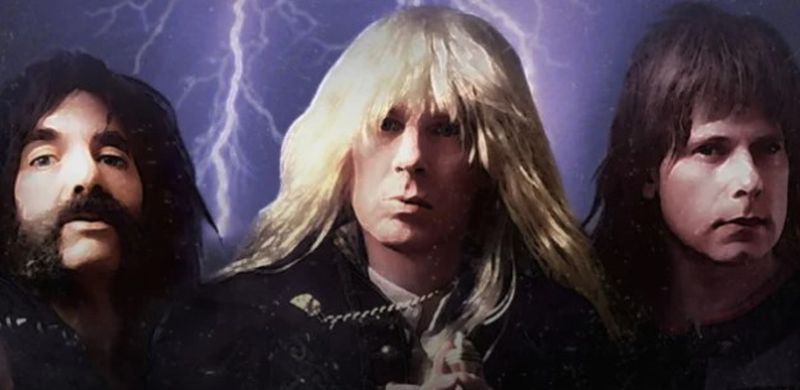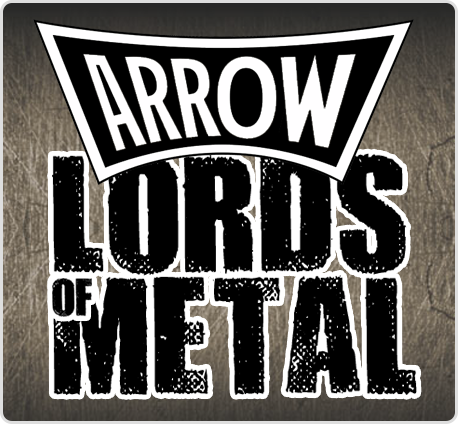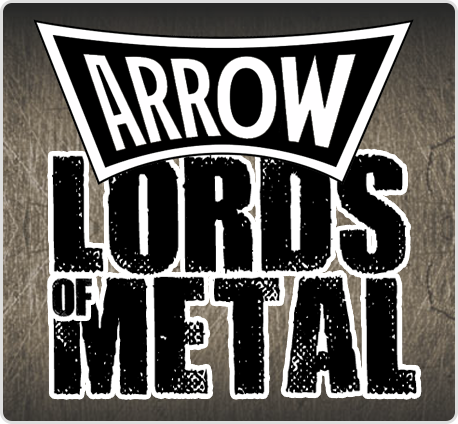'Spinal Tap' mockumentary is getting a sequel

13-05-2022
According to Deadline, the iconic mockumentary “This Is Spinal Tap” is getting a sequel. Rob Reiner will return to direct, and original stars/writers Christopher Guest, Michael McKean and Harry Shearer will reprise their roles as Nigel Tufnel, David St Hubbins and Derek Smalls, respectively.
The news of the “Spinal Tap” sequel comes after the Cannes Film Festival announced the original film will screen on the beach as part of the Cinema de la Plage sidebar on Wednesday, May 18.
“For so many years, we said, ‘nah,'” he said. “It wasn’t until we came up with the right idea how to do this. You don’t want to just do it, to do it. You want to honor the first one and push it a little further with the story.”
As for the new movie’s premise, Reiner said: “They’ve played Albert Hall, played Wembley Stadium, all over the country and in Europe. They haven’t spent any time together recently. The idea was that Ian Faith, who was their manager, he passed away. In reality, Tony Hendra passed away. Ian‘s widow inherited a contract that said SPINAL TAP owed them one more concert. She was basically going to sue them if they didn’t. All these years and a lot of bad blood we’ll get into and they’re thrown back together and forced to deal with each other and play this concert.”
“This Is Spinal Tap” has become a cult classic since its first theatrical run 38 years ago. The film was produced independently on a shoestring budget of $2.25 million by a company owned by the four creators, Reiner, Guest, McKean and Shearer. Two years in production, the film was released in 1984. It soon became a cult favorite and spawned a genre that has come to be known as “mockumentary,” inspiring many subsequent filmmakers. Phrases from the film’s script have entered the general lexicon, including “none more black” and “it goes to 11,” the latter phrase exemplified by the Tesla car, whose audio system’s volume control goes to 11, as does that on the BBC‘s iPlayer.
Its reputation as one of the 20th Century’s most enduring comedies has increased exponentially in the ensuing years. The film has garnered international praise and acclaim, having been included in “best ever” lists such as The New York Times Guide to the Best 1,000 Movies Ever Made; Total Film‘s 100 Greatest Movies of All Time list; Entertainment Weekly‘s 100 Greatest Movies of All Time where it appeared on the “Just Too Beloved to Ignore” list; and achieving the coveted No. 1 spot on Time Out London‘s 100 Best Comedy Movies list.
Although “This Is Spinal Tap” was first released in 1984 in the U.S. and U.K., the band SPINAL TAP was actually created in the late 1970s. The band’s rock musician characters “Nigel Tufnel” and “David St. Hubbins” were created by Christopher Guest and Michael McKean, with Harry Shearer creating bassist “Derek Smalls.” SPINAL TAP‘s comedic sole claim to fame was as “one of England’s loudest bands.” Performing as their beloved stage personae in the company of a rotating cast of percussionists willing to risk the kit (as so many of their predecessors have been accident prone),SPINAL TAP has toured the world multiple times since the film’s release. Hundreds of thousands of SPINAL TAP sound recordings have been sold over the ensuing decades and the film has been released on scores of video formats through the years.
In 2019, the band’s creators concluded a new agreement with Universal Music Group. The band’s recording of a full-length SPINAL TAP album featuring songs from the film is still available for physical sale, download and streaming today from UMG.
According to the Belfast Telegraph, McKean, Guest and Shearer prepared several scenes with Reiner but then ad-libbed. At the end of filming, they had more than 40 hours of footage, which was edited down to a more manageable form.
When “This Is Spinal Tap” was released, not everybody got that it was a “mockumentary.” U2‘s The Edge immediately embraced it, saying: “I didn’t laugh, I wept. It was so close to the truth.” Ozzy Osbourne didn’t understand it, saying the first time he watched it, he thought it was a real documentary. Early home video versions of the movie reportedly even had a disclaimer at the start and finish of the movie stating the band didn’t really exist.
Social media



